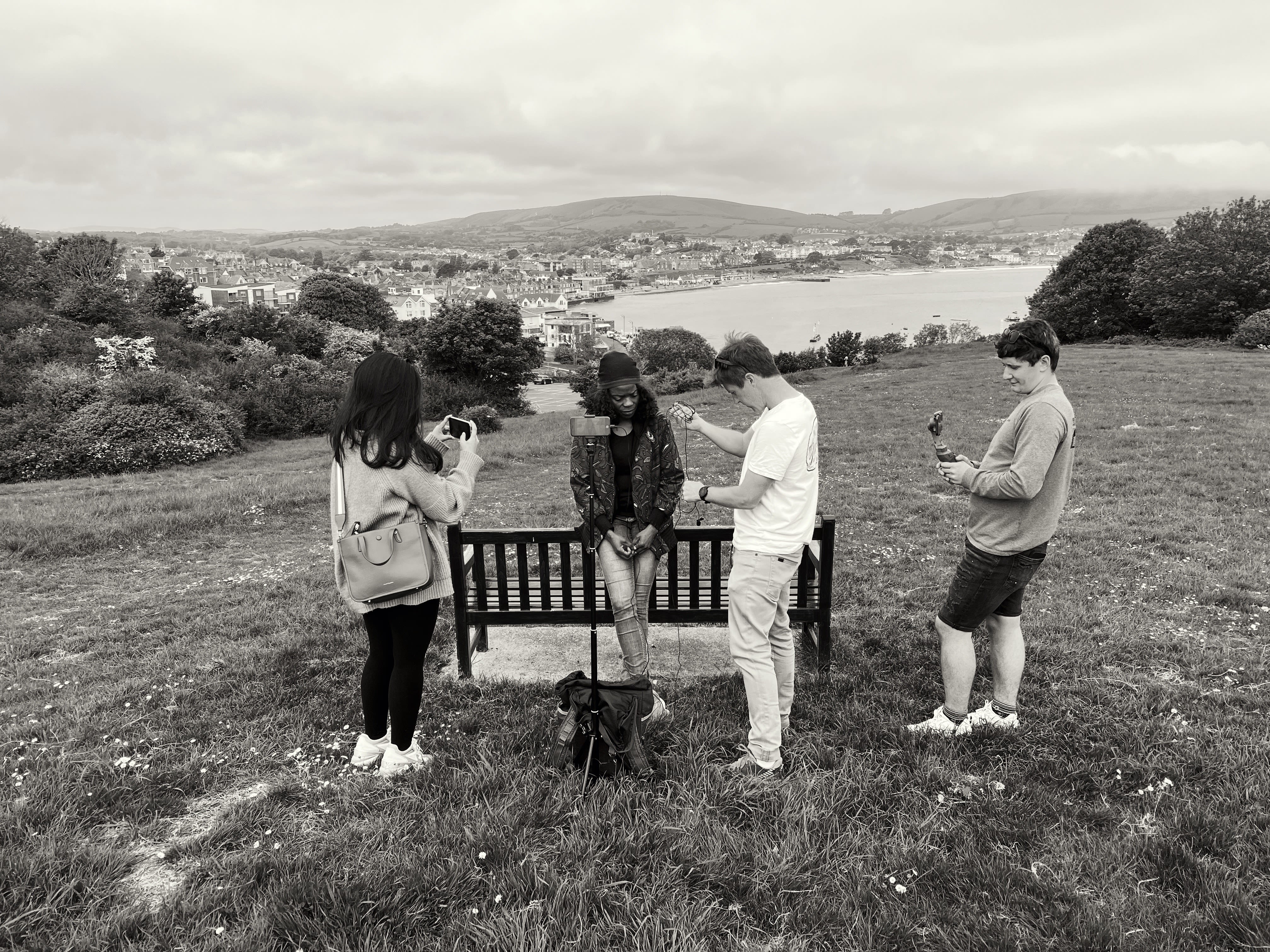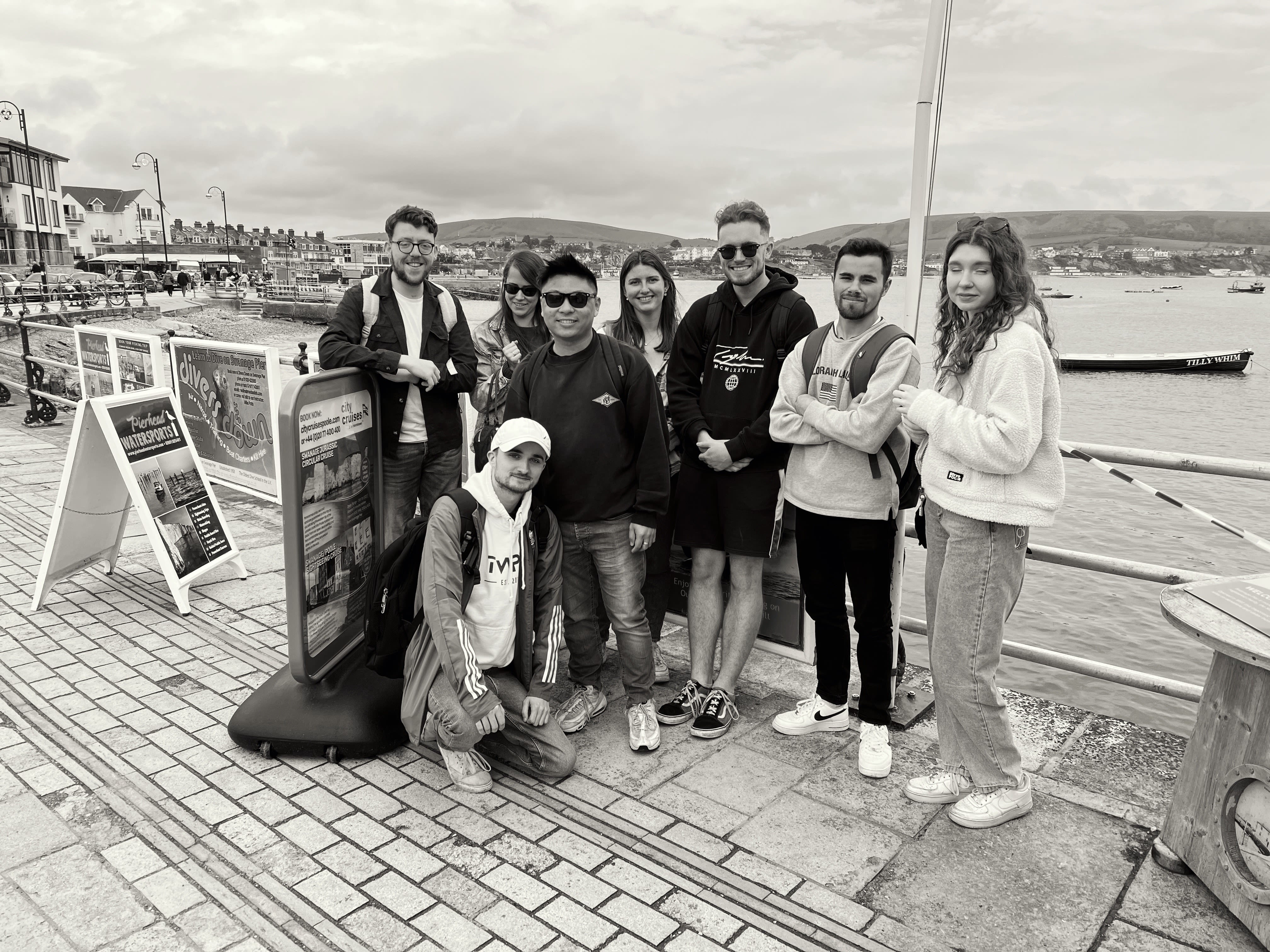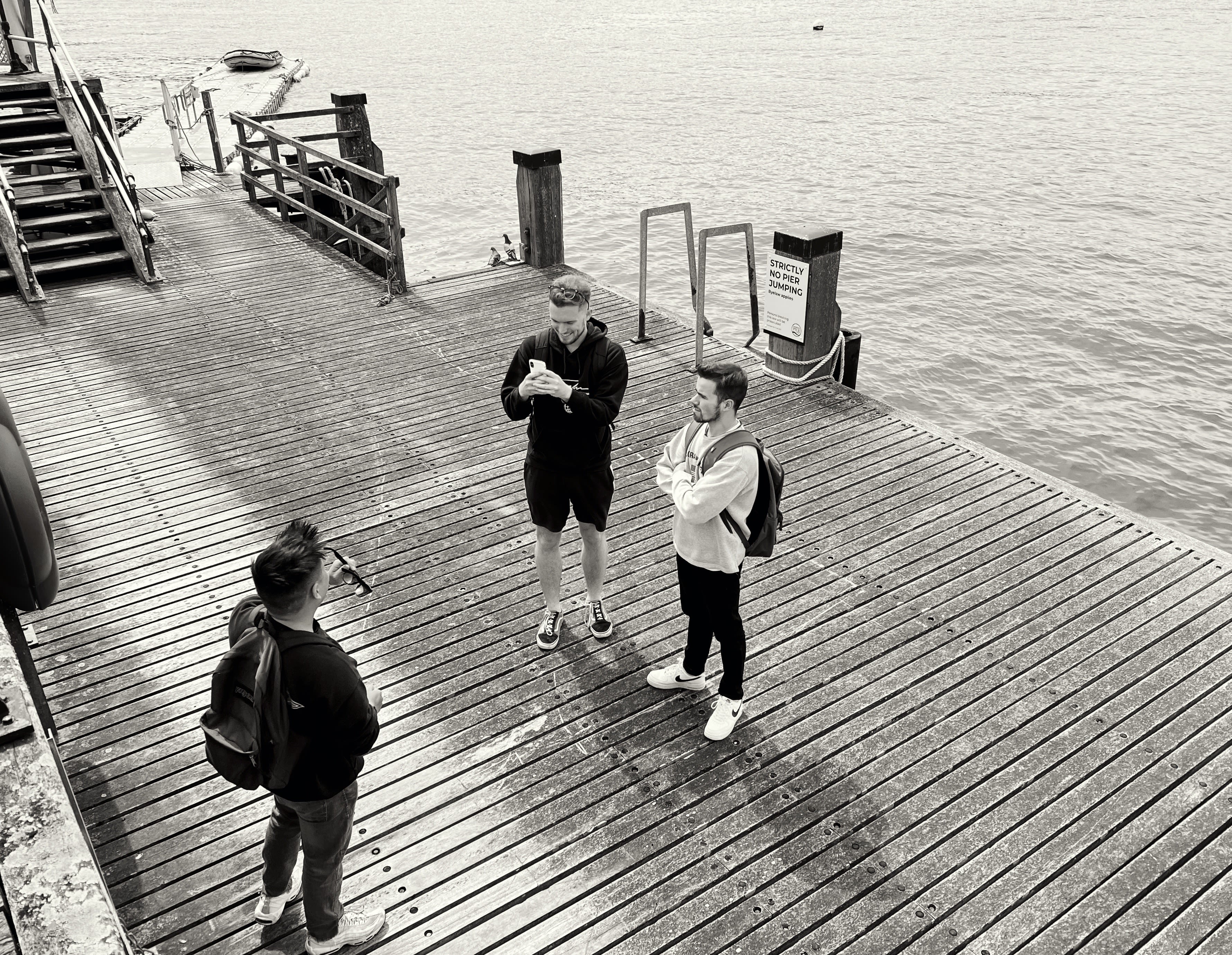Even before the world changed, journalism had been changing radically.
In its evolution, it is passing through "a moment of mind-blowing uncertainty" at a "dizzying pace of change".
It is today plagued by “a crisis of civil adequacy” and “a crisis of financial viability”.
Yet, across the UK, thousands of students stand on the sidelines of journalism, preparing for a media career. What brings them to study journalism in the UK from across the world? How do they see the profession, looking in? What concerns do they have of their future?
Breaking In
Reflections on entering an industry at unrest
The altruism and democratic goals that are at the heart of journalism are still incredibly attractive to a section of student journalists. For international students, especially those who have worked as journalists before, there is also the added attraction of exposure to news practices outside their own countries.
Affiong Bassey-Inyang worked for the BBC Media Action in Abuja. She joined a master's programme in the UK to gain international exposure.
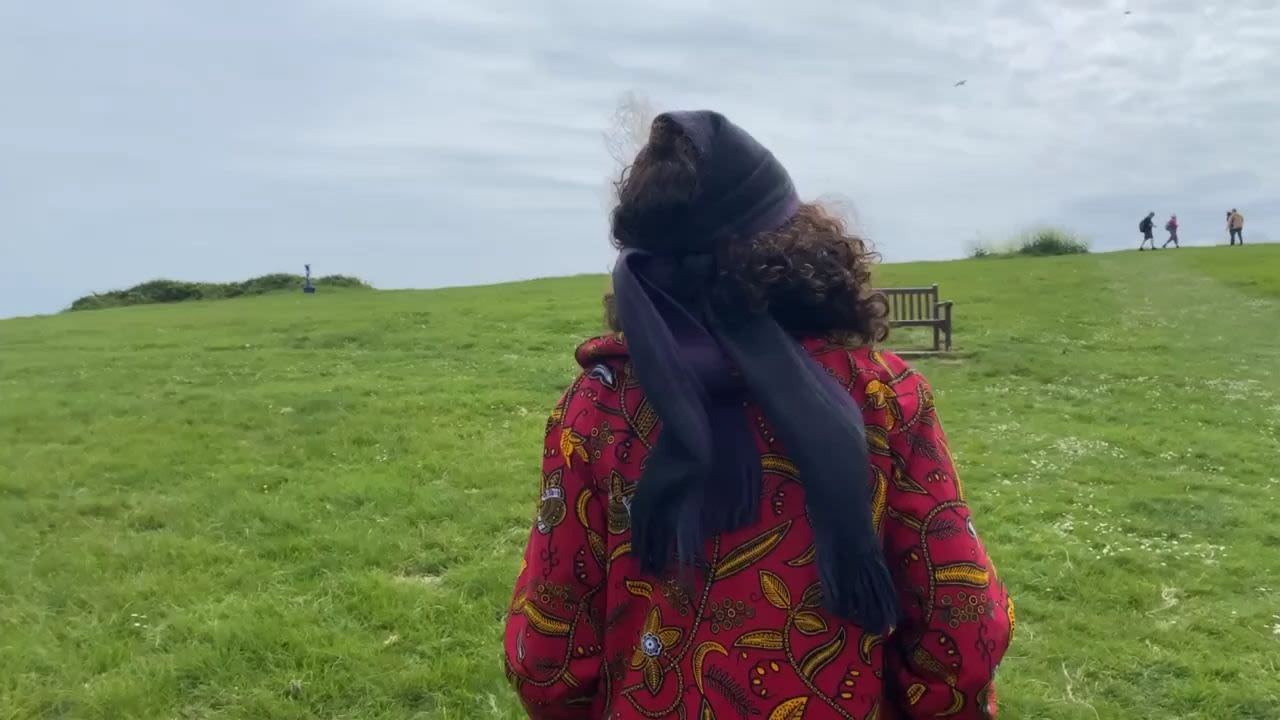
Affiong Bassey-Inyang worked for the BBC Media Action in Abuja. She joined a master's programme in the UK to gain international exposure.
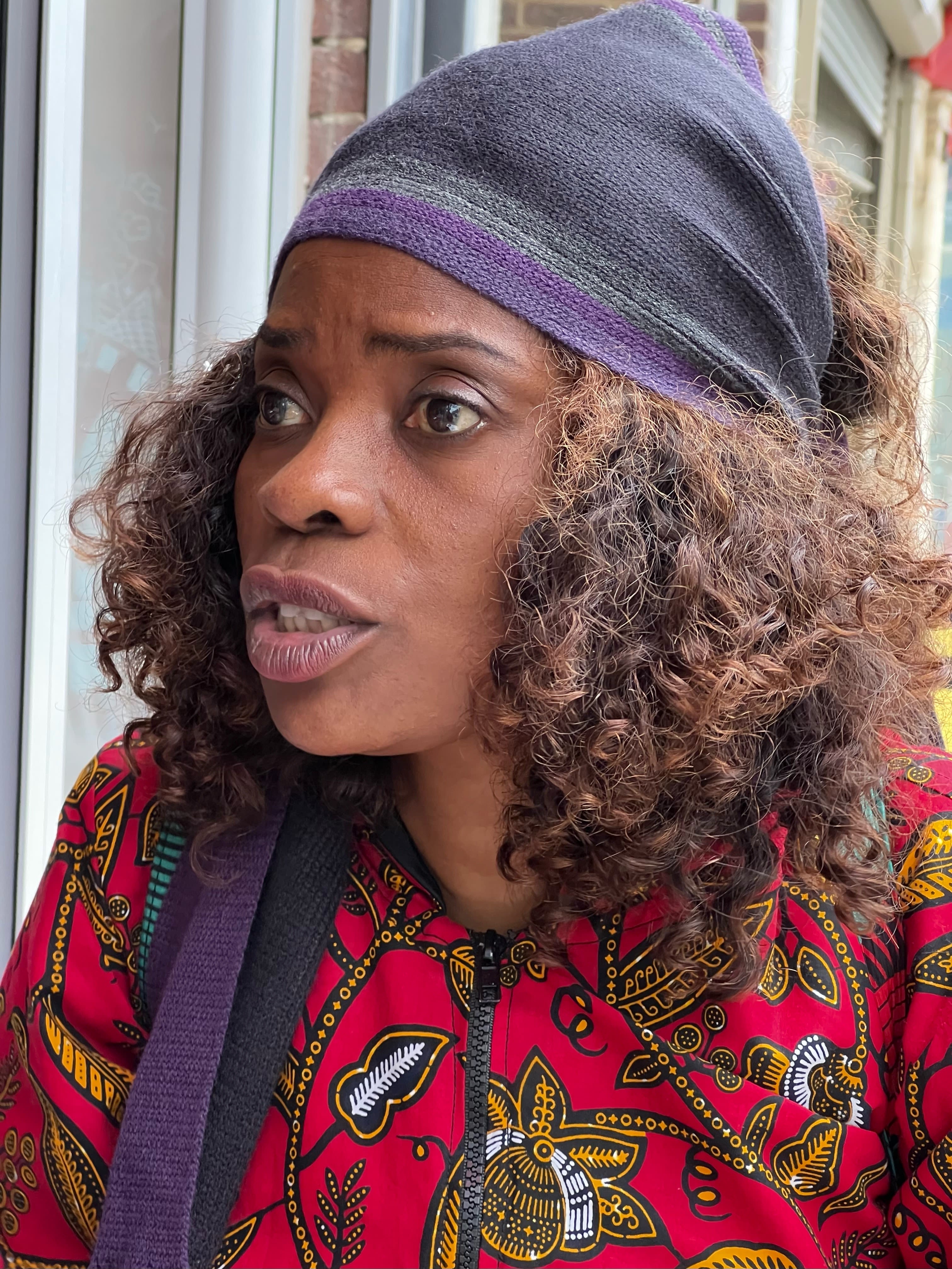
Delya Oktovie Apsari is fascinated—and a bit frightened—by the digitalisation of journalism, and how that is changing the industry. She witnessed the change in Indonesia, in the newsrooms in Surabaya where she used to work. Understanding that change, and how she could fit into an evolving landscape is what prompted her return to education.

Delya began freelancing during her bachelor's in Indonesia, and then worked in Surabaya for a little more than two years. She loves the privileged access that journalism provides and the fact that journalists get to witness, and perhaps be part of, something bigger than themselves. "There might be a key policy being made, for the good of the society," she says. "And I am there. And I am the one who has to report it. I am actually doing something good!"
Her time in the industry also gave Delya a ringside view of the human cost to digital disruption—how it affects the livelihood of journalists. It awakened in her the need to understand how the media world is evolving, and how journalists need to change to survive.
Many of Fatima Farha's friends thought she would become a nun because she was "hellbent" on making "the world slightly better". In journalism, she sees a way of "monetising" her passion for social change.
Aman Singh Gandhi is passionate about giving a voice to the voiceless.
What concerns students most about the industry they are about to enter? Responses ranged from the erosion of trust in journalism to the lack of diversity. Dangers associated with the profession, such as that exemplified in the killing of Al Jazeera journalist Shireen Abu Akleh, came up, too. But what aspiring and returning journalists are even more concerned about is this fundamental question: how do you get the attention of an industry that has no time for anyone?
"What I am worried about," says Luca Wodkte, "is the stigma that surrounds journalism."
Listen to Luca
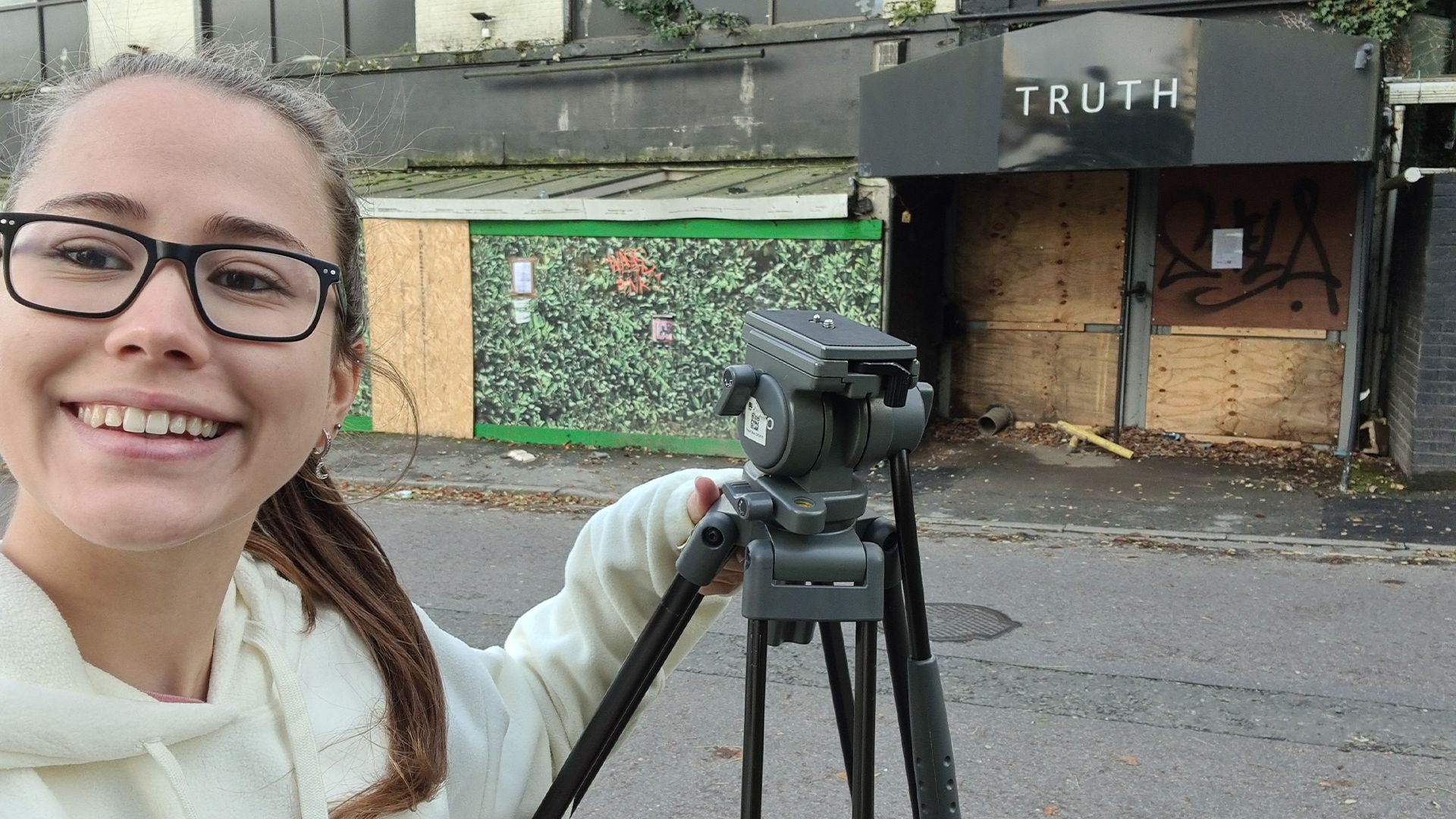
"Some (journalists) want to cause outrage. They want to divide people," says Samuel Hewetson. "That doesn't feel like what journalism should be about. I definitely would not be a sellout. I wouldn't want to do something that compromises my moral compass."
There is too much of opinion politics coming into journalism, Tom Lawrence believes, corrupting the quality of news outputs.
"What my biggest concern at this point is," says Affiong Bassey-Inyang, "that I may not be given the opportunity." It might not be easy to break into the "system that is already here".
The speed of change and the difficulty to get the attention of the industry—whether for a placement, or as a source for a story—were concerns that came up again and again. Clouding their enthusiasm for the profession was a frustration at this state of affairs.
"I feel like (journalism) is quite closed off and elitist... and hard to break into," says Samuel Hewetson. "Sometimes people don't give you the time of the day."
What worries Jamie Guerra "is the industry being very cliquey. It is not based on talent."
"People's attention spans are getting shorter," says James Kay. "My biggest worry is about engaging people in a short amount of time and still doing news justice."
What changes would students like to see in the industry that they are about to enter? At the forefront of student consciousness was the perception that the industry is not as welcoming as it should be. Two other key messages stood out: that journalism should prioritise "people over profits" and report stories that matter, more and better; and the industry should proactively work to restore trust in journalism.
One message that several students hoped the industry would listen to related to anxieties around future jobs. Most students felt that news professionals could be more 'warm' to journalism students. Many, like Luca Wodkte, spoke of the disappointment of "sending out a million emails" and not receiving a response. "It is hard," she says.
There is much that the millennials can contribute to digitalised newsrooms, Delya Apsari pointed out. Samuel Hewetson and Joshua Luke-Kidd underlined that it is important that the industry is more welcoming to emerging talents—tomorrow's journalists. "We are so eager to get stuck in and work with you," Joshua said. "Embrace us."
Multiple reflections also touched upon the wider issues plaguing the industry (churnalism, trust, lack of diversity). Three such voices are presented below, in audio.
'Report stories that matter, prioritise people over profits'
Listen to James Kay
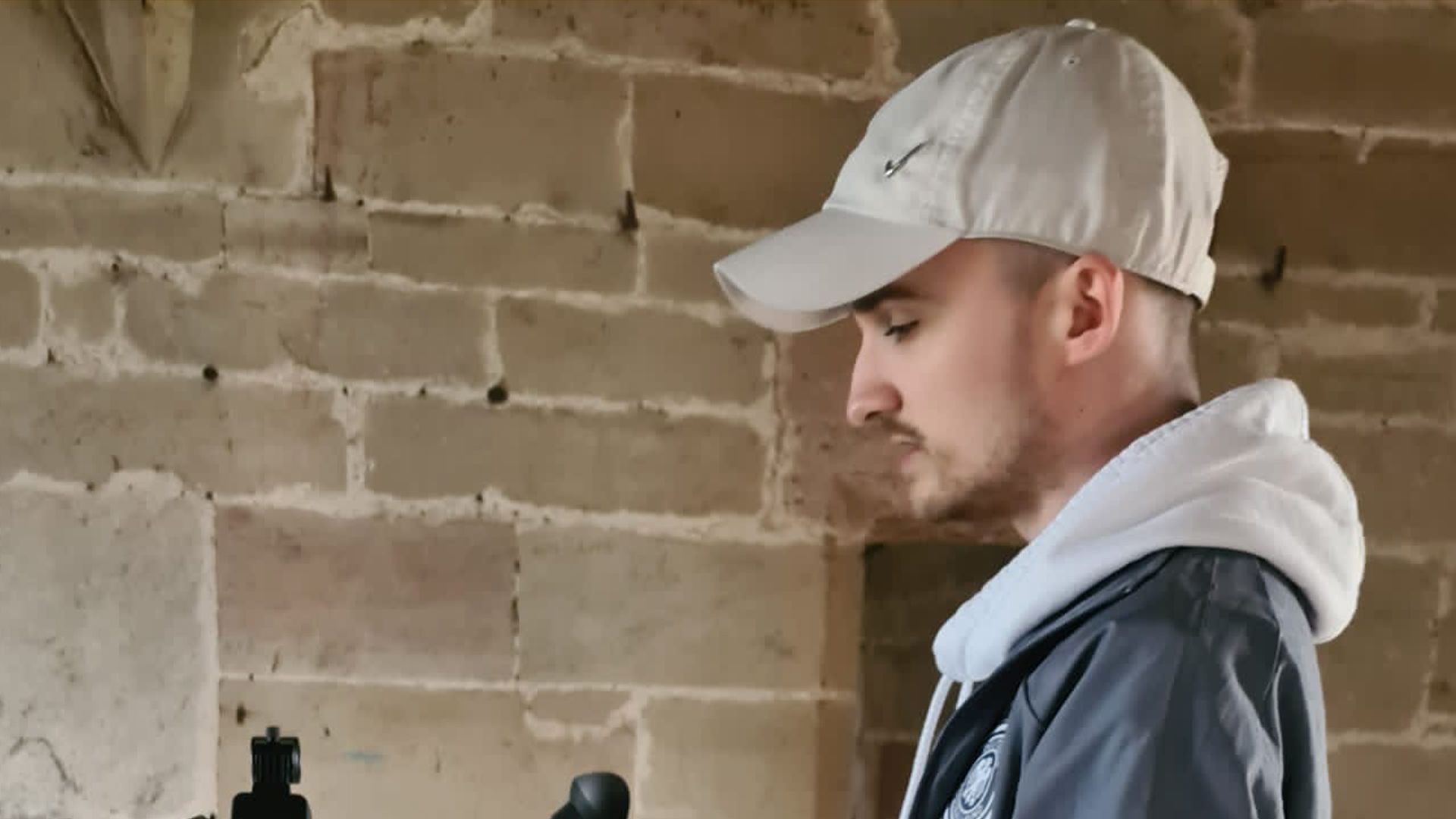
'Narrow the divide with audiences, restore trust'
Listen to Adrian Man
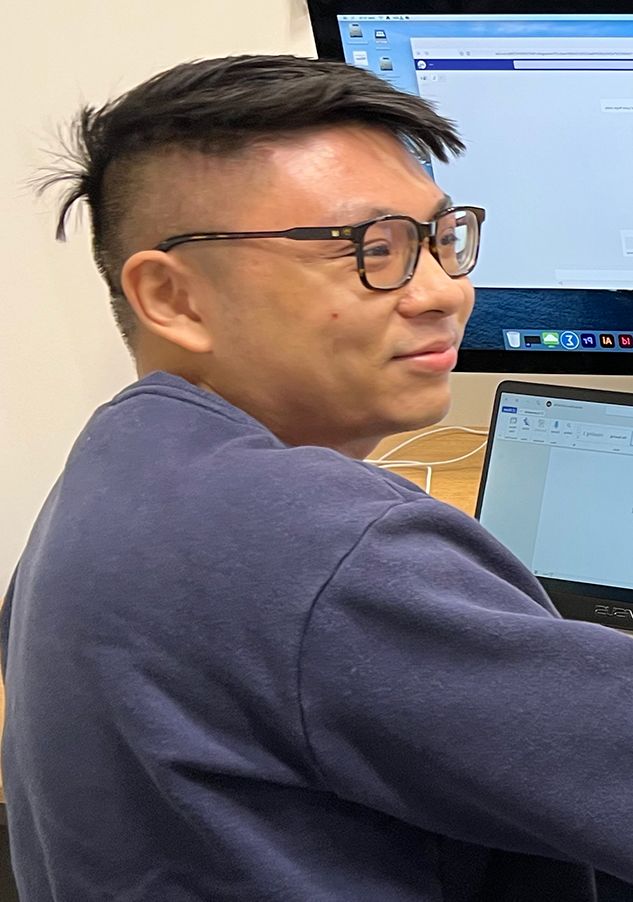
'I look forward to a diversity that's beyond colour'
Listen to Affiong Bassey-Inyang
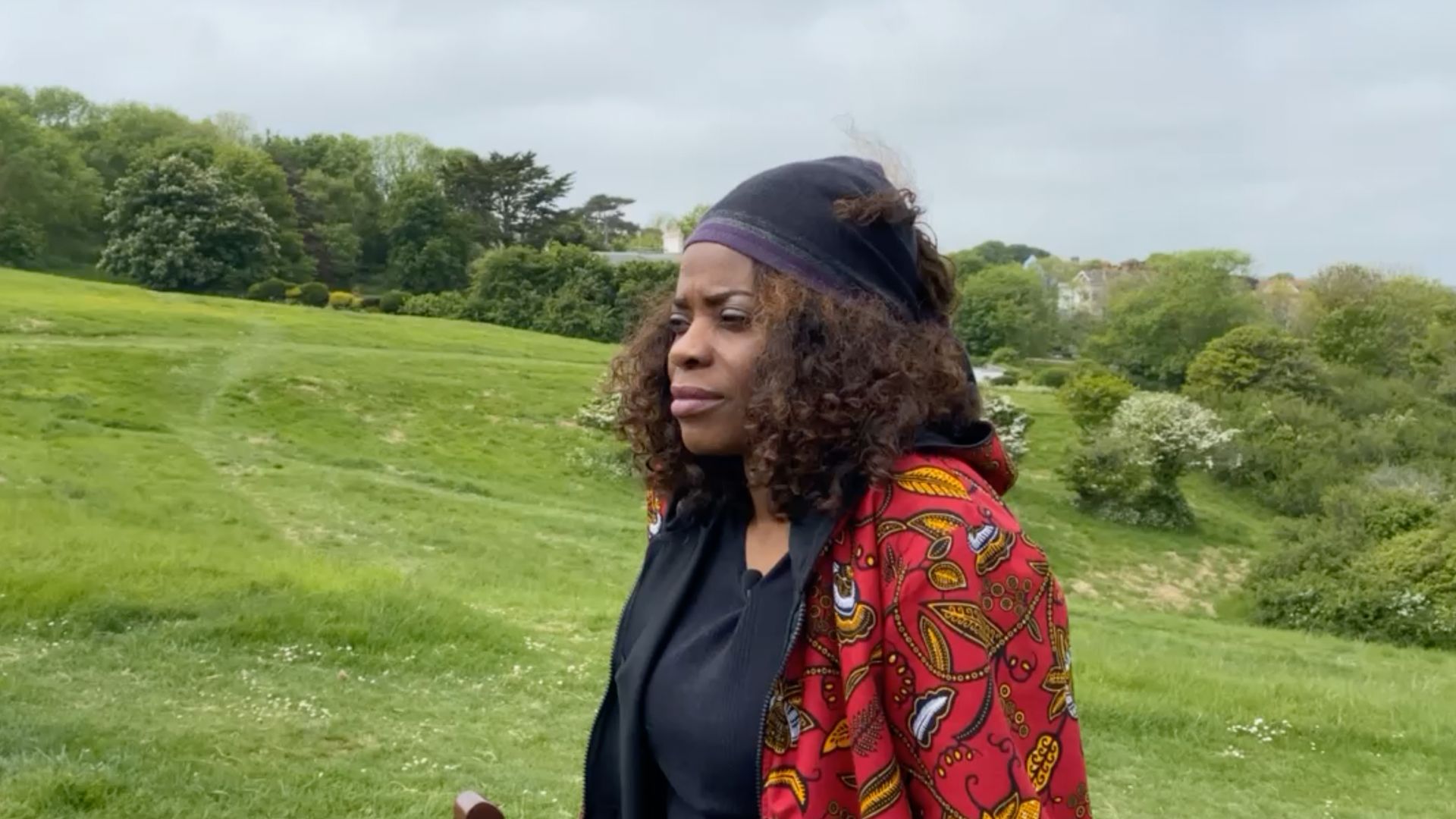
Valuable insights can be gleaned for both the journalism industry and educators from the thoughts of the collaborators on this project1. As the perspectives of first cohort of journalism students who are emerging from the shadow of the pandemic, to enter a deeply disrupted industry, these reflections have added resonance.
Altruism and public service, expressed in varying ways, was an important motivation for a significant section of students. This motive was not unadulterated, and was in many cases tempered with responses alluding to the non-routine and sociable nature of journalism. However, it is interesting to note that for 10 of the 13 collaborators who took part in follow-up interviews this was an important consideration. While this high proportion should not be taken as evidence of increased2 altruism among journalism students in the UK sector, it is nonetheless heartening to note future journalists espousing such values.
The messages to the journalism industry on the need to improve the quality of journalism and trust, put forward by several collaborators, are similarly encouraging––and certainly worth the attention of professional journalists, accreditation bodies, and educators for more than one reason. For instance, there is perhaps an opportunity here for stakeholders to fashion specific interventions and mentorships to strengthen the ability of young journalists to engender change in the industry. Initiating transformative initiatives, or even contributing to one in a meaningful manner in a fast-paced and (currently) vulnerable industry is challenging3 and complex, and require holistic considerations.
In closing, a particularly salient point for educators to note needs underlining: the anxiety among student population on "getting a foothold" in the industry. Juxtaposed against predictions of the business of journalism looking up for sections of the industry, and the fact that such anxiety is common among students, these concerns may not appear out of ordinary. But it is possible that, owing to pandemic-related challenges, there is indeed increased anxiety among student population now. As such, it is important for adequate redressal measures to be put in place at educational institutions—this is likely to be felt in a number of places sector-wide—to mitigate this student concern.
1. This feature was co-created by students and staff members, as part of the Digital Journalism curriculum on MA Multimedia Journalism at Bournemouth University. We followed a collaborative ethnographic approach, with 15 students and 3 staff members working together to produce reflective audio and video stories during a reporting field trip. Participant observation and interviews were also undertaken.
2. Previous inquiries (Hanna & Sanders 2007, Delano 2001) have found that the majority of students were guided to journalism by motives other than the 'good of the society'. See Hanna & Sanders (2007), Delano (2001)
3. Only 26% of transformation initiative succeed, according to the 2021 McKinsey Global Survey. And success is highly reliant on a comprehensive approach. See 2021 McKinsey Global Survey: https://www.mckinsey.com/business-functions/people-and-organizational-performance/our-insights/successful-transformations
CREDITS
Photography & video
Joshua-Luke Kidd, Delya Apsari, Fatima Farha
Reflections & additional visual material
Affiong Bassey-Inyang, Adrian Man, Aman Singh Gandhi, Delya Apsari, Fatima Farha, Jamie Guerra, James Kay, Kate Fry, Luca Wodtke, Rania Eldebri, Samanta Gladkauskaite, Samuel Heweston, Tom Lawrence
Special thanks to
Antje Glück, Adrian Butterworth
Executive producers
Chindu Sreedharan, Mike Sunderland, Jason Hallett
